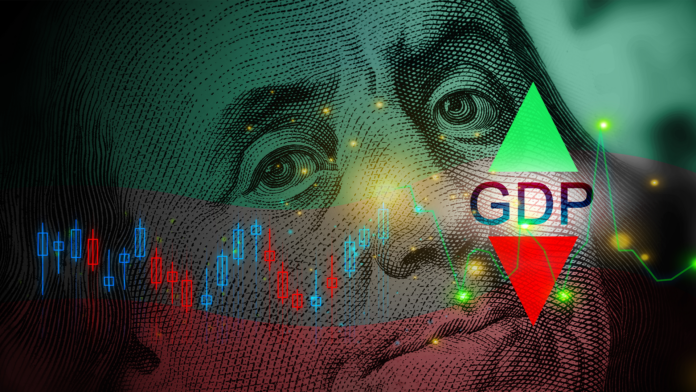The U.S. dollar gained ground on Tuesday, reversing some of its recent losses as some calm returned to currency markets.
Dollar Recovers After Heavy Losses
In recent weeks, the dollar has been significantly affected by fears of a possible U.S. recession after a series of weak labor market data, which has triggered bets that the Federal Reserve will cut rates more than initially expected.
Right now, traders are estimating 110 basis points of easing in 2024 by the Fed, with about an 80% chance of a 50 basis point cut in September, after fully discounting a 50 basis point cut on Monday.
Fed policymakers on Monday pushed back against the notion that the weaker-than-expected July jobs data means the economy is in a recessionary free fall, but also noted that the Fed will have to cut rates if it wants to avoid such an outcome.
Austan Goolsbee, president of the Chicago Fed, said, “The employment numbers are weaker than expected, but they still don’t look like a recession. I think in making decisions you have to take into account where the economy is headed.”
Both the Euro and the Pound Lose Ground
Turning to Europe, the dollar gained ground against the euro and sterling as the European Central Bank and the Bank of England have begun interest rate cuts aimed at stimulating their respective economies.
The EUR/USD lost about 0.4% to 1.0911, after touching a seven-month high of 1.100 on Monday, following news that retail sales fell by 0.3% in June in the eurozone, indicating that consumers are likely to remain cautious.
On the other hand, German industrial orders rose more than forecast in June, by 3.0% compared to the previous month, indicating a glimmer of hope for the European continent’s largest economy.
The GBP/USD lost about 0.5% to 1.2706, giving back some of its recent gains in the wake of the dollar’s strengthening.
The Bank of England cut interest rates last week, reducing the benchmark rate by a quarter point to 5%.
Yen Falls for First Time in August
USD/JPY rose about 0.2% to 144.47, and the yen weakened for the first time in August, consolidating after volatile moves in recent days.
The yen had benefited from increased safe-haven demand in the face of the broader financial market slump. Bullish signals from the Bank of Japan, which raised interest rates and hinted at further hikes, also boosted the currency, as did the unwinding of carry trades.
USD/CNY rose 0.3% to 7.1504, with the yuan losing strength in anticipation of this week’s trade and inflation data.
AUD/USD was down 0.2% to 0.6480, with the Australian dollar retreating following comments from Reserve Bank of Australia Governor Michele Bullock that rate cuts are further away.
The Australian central bank left interest rates unchanged on Tuesday, as expected, while reiterating that it was not ruling out any measures to control inflation.



